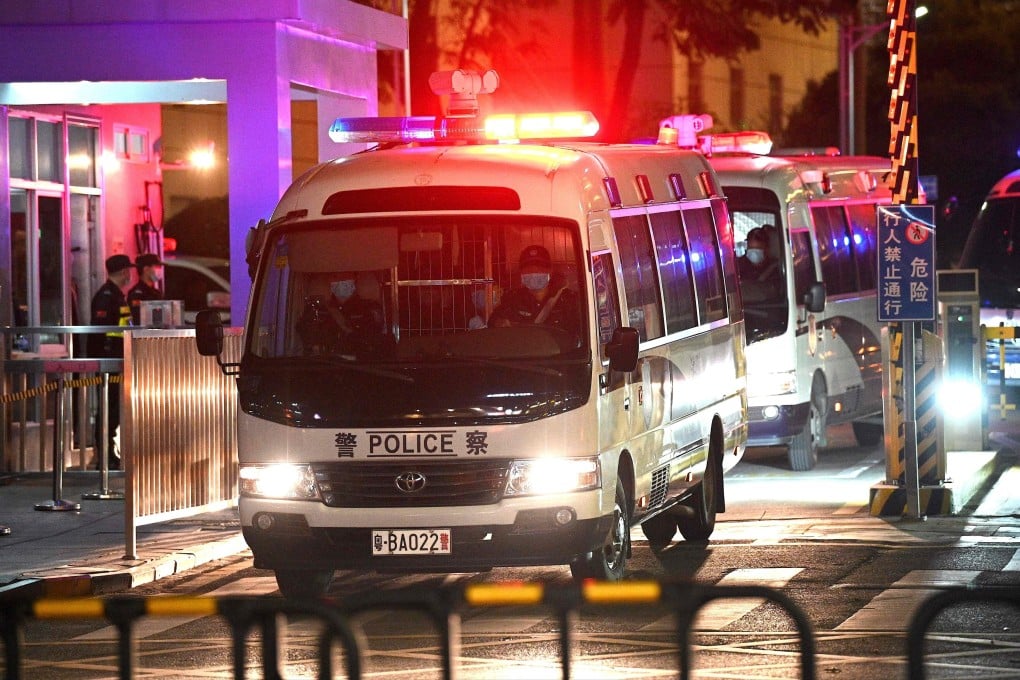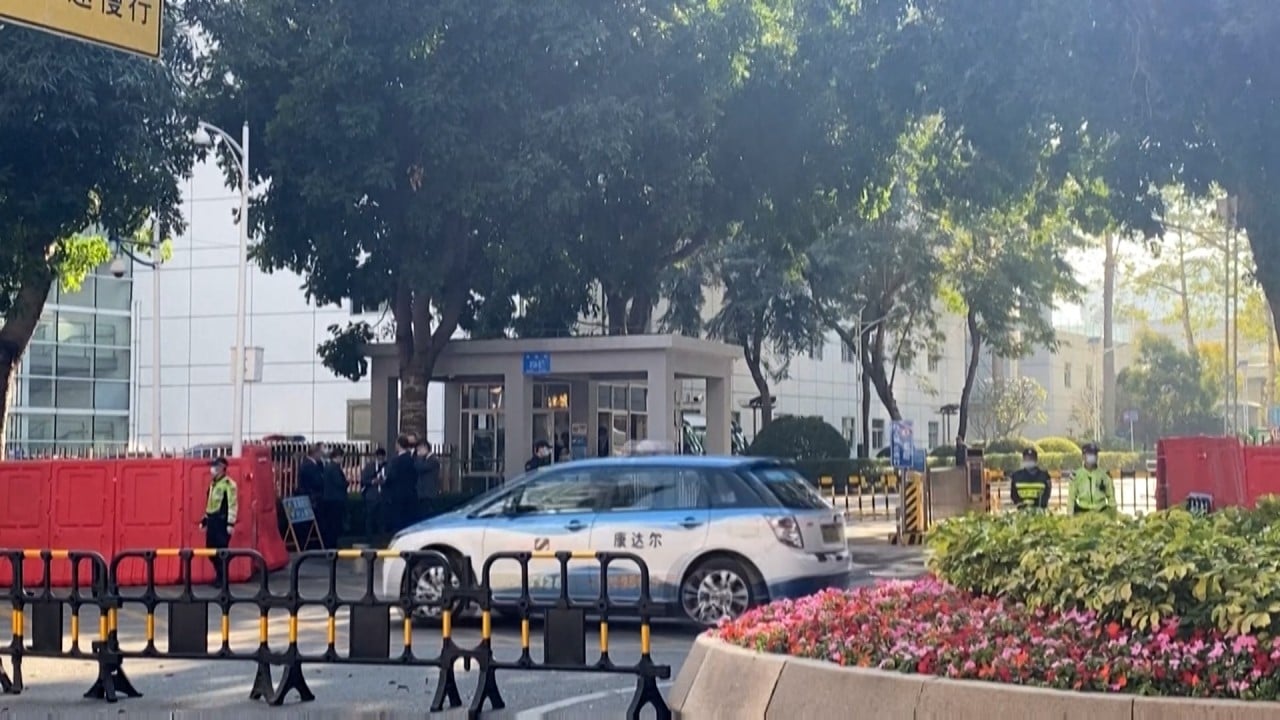Did a Chinese court go too far in punishing 10 fugitive Hongkongers?
- A Shenzhen court jailed eight defendants guilty of illegal border crossing for seven months, while the two organisers of the crime will stay behind bars for up to three years
- According to some opposition activists and observers, the sentences are far greater than what the crimes warranted, while pro-establishment figures say the terms are appropriate

The 10 fugitives, who mainland authorities arrested at sea as they tried to flee Taiwan in August, were sentenced to between seven months and three years’ jail by a Shenzhen court on Wednesday, while their two underage peers were handed over to Hong Kong police.
Eight of the defendants were accused of illegally crossing the border, and two – Tang Kai-yin and Quinn Moon, the sole woman in the group – charged with organising the crime, according to an announcement by the Yantian People’s Court.

02:55
Ten Hong Kong fugitives captured at sea jailed for up to three years on Chinese mainland
Tang was sentenced to three years in jail, while Quinn received two years. The other eight were jailed for seven months.
A family-appointed mainland lawyer, speaking on condition of anonymity, said the punishments handed to Tang and Quinn were “too heavy”.
“If their role only involved buying or driving the boat as a group, it shouldn’t constitute organising the crime,” he said, in a reference to Tang’s role.
